
India has a historical pattern of involvement in regional affairs, often aimed at countering Pakistan, directly or indirectly, regardless of past failures at doing the job. One focal point of India’s opposition has been CPEC, which has faced criticism and propaganda since its inception. India has labelled CPEC as “unwarranted and preposterous” and claimed that parts of the project are on Indian territory. CPEC has served as a convenient target for India to criticise Pakistan.
India has now taken a strategic approach to counter CPEC, as evidenced by Prime Minister Narendra Modi’s recent announcement of the India-Middle East-Europe Economic Corridor (IMEC). This initiative involves India, the UAE, Saudi Arabia, the European Union, France, Italy, Germany and the US.
Critics argue that India’s new corridor lacks logical justification. India opting for a rail and shipping corridor when the existing and cheaper Suez Canal and maritime routes are available does not make sense. Secondly, building railways through desert terrain requires elevated tracks with deep support to withstand shifting sands and hard bedrock.
The political landscape in the US adds another layer of uncertainty, as opposition to investment in this corridor could increase if the Biden administration loses power. The Republicans, on the other hand, would oppose putting money into a failing project just like they did not want to put money into the Ukraine war. On the other hand, the US and India have previously announced initiatives like the Chabahar Corridor, the International North-South Corridor and the US Blue Dot Network, but the status of these projects remains uncertain.
Building a network of railways, roads and ports spanning multiple countries requires meticulous coordination and planning. Moreover, IMEC passes through Jordan and Israel, introducing complex geopolitical challenges that demand a delicate blend of economic and diplomatic manoeuvring. Even Türkiye, a key regional player, has expressed dissatisfaction with the project. President Tayyip Erdogan pushed back against plans by India, Saudi Arabia and the EU to create a trade corridor that would bypass Turkey.
In contrast, China’s BRI, launched in 2013, has made significant progress, signing cooperation agreements with over 150 countries and numerous international organisations. It has mobilised substantial investments and initiated thousands of projects, amounting to nearly $1 trillion in funding and over 3,000 projects. Moreover, CPEC stands out in this regard, having already generated over 80,000 jobs, and is poised to create even more employment opportunities as the project reaches completion. Furthermore, CPEC offers a valuable opportunity for numerous countries, particularly those in Central and South Asia, to benefit from this trade route. This, in turn, promises a substantial boost to the Pakistani economy. Another noteworthy aspect that dispels the ‘debt trap’ narrative is the proportion of CPEC investment relative to Pakistan’s overall debt. With CPEC accounting for just 5.6% of Pakistan’s debt, India’s claims of CPEC being a debt trap are unfounded and significantly misrepresent the reality.
Even if the countries involved manage to overcome internal infrastructural challenges and secure financing for the IMEC project, there remains a significant obstacle in the form of the Western world’s ideological approach to maintaining economic dominance over the Global South. This mindset creates a barrier to the IMEC’s success. The idea that the US could employ coercive tactics to compel nations to purchase from expensive Western companies exclusively is not a viable solution.
In the current geopolitical landscape, we are experiencing a shift towards a multipolar world. Indications like the Saudi-Iran rapprochement, the expansion of BRICS and positive regional relations with Russia and China demonstrate that the Middle East is inclined towards maintaining trade relations with multiple partners rather than taking sides. Instead, the West and India must focus on being competitive in the global market to thrive in this evolving multipolar environment.
Published in The Express Tribune, October 4th, 2023.
Like Opinion & Editorial on Facebook, follow @ETOpEd on Twitter to receive all updates on all our daily pieces.























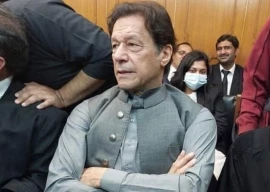
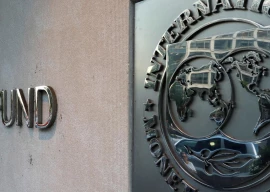

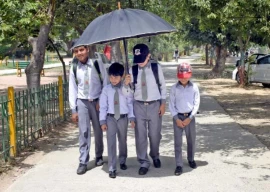
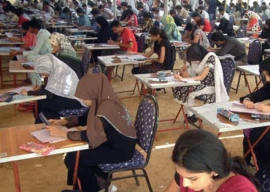

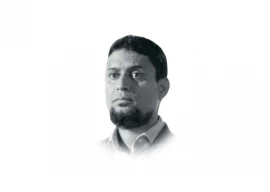

COMMENTS
Comments are moderated and generally will be posted if they are on-topic and not abusive.
For more information, please see our Comments FAQ